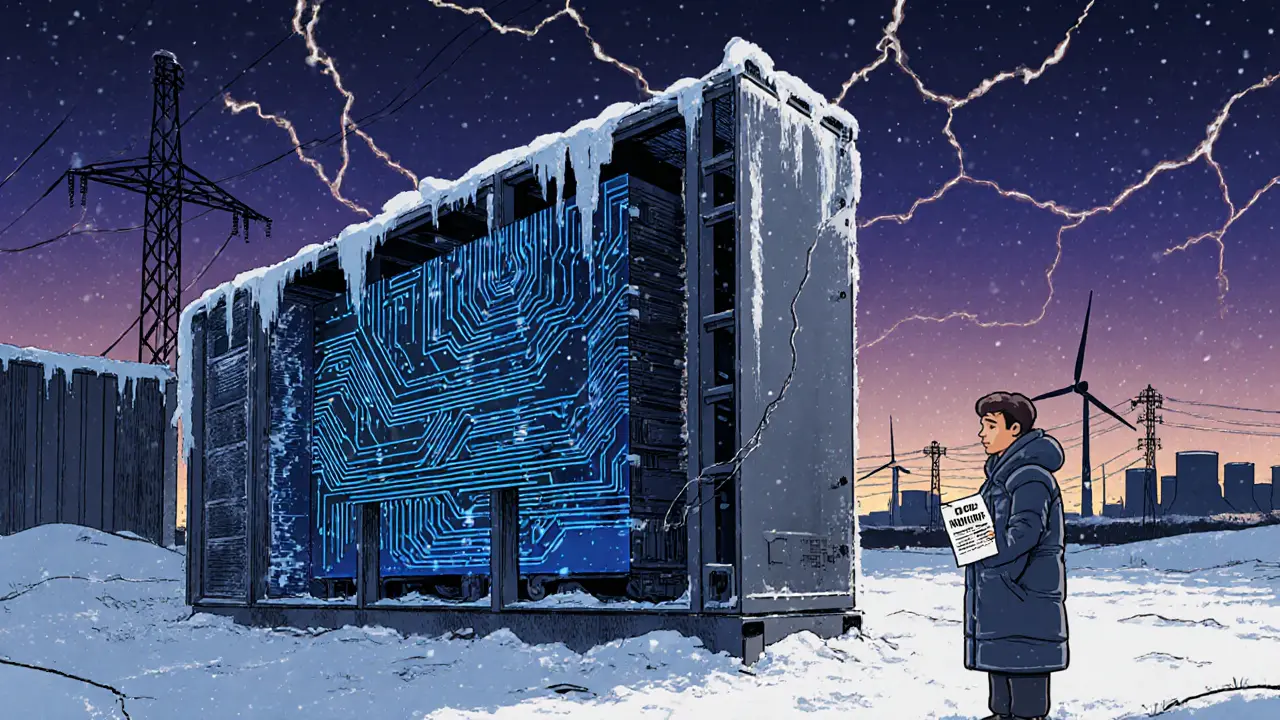Bitcoin network security: Essential insights you can use today
When working with Bitcoin network security, the collection of protocols, tools, and community practices that protect the Bitcoin blockchain from attacks and malfunctions. Also known as BTC security, it includes everything from node consensus rules to how users store private keys. In plain terms, a strong security posture keeps your coins safe, ensures transactions settle quickly, and prevents the network from being hijacked.
Key components that keep the Bitcoin chain safe
One of the most visible layers is the software wallets, applications that let users manage private keys on desktop or mobile devices. A well‑crafted software wallet balances convenience with strong encryption, two‑factor authentication, and isolated key storage. Bitcoin network security requires robust software wallets because a compromised key can instantly move funds out of the network.
Another pillar is peer discovery, the process by which Bitcoin nodes find and connect to each other. Effective peer discovery reduces the chance of a single point of failure and mitigates eclipse attacks, where an attacker isolates a node from the rest of the network. Peer discovery therefore encompasses the overall resilience of the blockchain.
Transaction ordering is driven by mempool priority, the set of rules miners use to select which pending transactions to confirm first. A higher mempool priority often means a higher fee, but it also speeds up confirmation times. Understanding mempool priority helps users avoid stuck transactions and supports the network’s healthy fee market.
Finally, decentralized exchanges, platforms that let users trade Bitcoin without a central custodian, add another layer of security by letting traders keep control of their private keys. While DEXs remove the risk of exchange hacks, they still rely on the underlying Bitcoin security model to settle trades correctly.
These four elements—software wallets, peer discovery, mempool priority, and decentralized exchanges—are tightly linked. For example, a compromised wallet can feed malicious transactions into the mempool, which miners might confirm if they’re not watching fee patterns. Likewise, poor peer discovery can expose nodes to spam attacks that clog the mempool, slowing down legitimate trades on DEXs.
All this may sound technical, but the payoff is simple: a safer Bitcoin experience for everyone. Below you’ll find a curated set of articles that break down each piece in detail—security reviews of popular exchanges, deep dives into wallet design, guides on running a resilient node, and explanations of how transaction fees work. Whether you’re a casual holder or a developer building on Bitcoin, these resources give you actionable knowledge to strengthen your part of the network.
Bitcoin Nodes Count 2025: How Many Exist and Why It Matters
Discover the exact number of Bitcoin nodes in 2025, how they're spread worldwide, and why this count is crucial for the network's security and decentralization.
- 24
- Read More
Bitcoin Hash Rate Migration from Kazakhstan: Why Miners Are Leaving and Where They're Going
Bitcoin miners are leaving Kazakhstan due to power shortages and regulatory pressure, shifting operations to the U.S. and Canada. Despite the exodus, global hash rate hits record highs, proving Bitcoin's network is growing stronger - not weaker.

